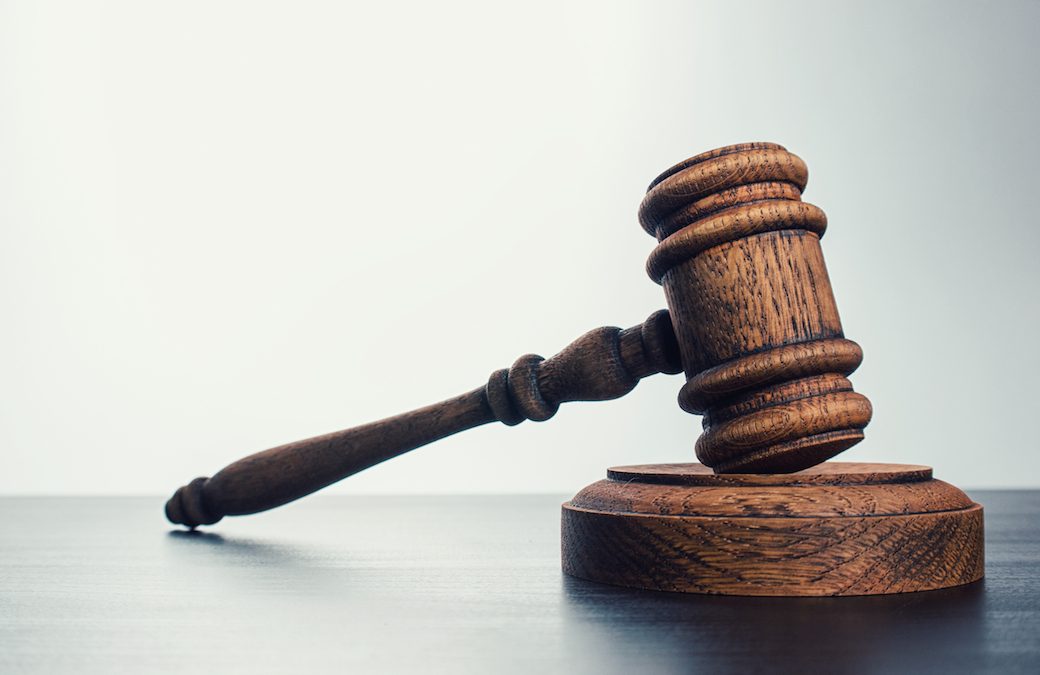-
Best Australian Pokies Best Payout
Play Free 777 Pokies Online
What Are the Best Australian Pokies to Win Big On
What Are the Best Online Pokies with Low Minimum Deposits for Real Money in Australia
New Australian Pokies Accepting PayID
What Are the Best Strategies to Win in Online Pokies with Bonus Rounds in Australia
Tips for Winning Top Australian Pokies
What Online Casinos Offer Free Play Pokies with Welcome Bonuses in Australia
Australian Slot Games
Payout Ratio Pokies with Welcome Bonus

Photo Taken In Aachen, Germany
Pretrial Motions Hearings and Plea Negotiations essay. Write at least a 300-word reflection Journal summarizing the two chapters, key terms, and on what you have learned from both chapters
Pretrial Motions Hearings and Plea Negotiations essay
-Chapter 8: “Pretrial Motions, Hearings, and Plea Negotiations”
-Chapter 9: “Courtroom Evidence”
-Key Terms:
Hearsay: A statement, other than one made by the declarant while testifying at the trial or hearing, offered in evidence to prove the truth of the matter asserted.
Impeachment: The process of attacking the credibility of a witness.
Judicial notice: When a relevant fact is so well known that to require that it be proved would be a waste of time. For example, a judge may take judicial notice that the 4th of July is a court holiday.
Severance of defendants: The laws of most states hold that when two or more defendants are jointly charged with the same offense, they must be tried jointly unless the judge feels that in the best interests of justice separate trials should be granted.
Severance of offenses: When there are two or more crimes consolidated into one trial, the defendant might make a motion to sever the offenses to be tried on the crimes separately. This motion is based upon the premise that being tried on several counts during the same trial is prejudicial to the defendant.
Pre-Trial Motions
One of the last steps a prosecutor takes before trial is to respond to or file motions. A motion is an application to the court made by the prosecutor or defense attorney, requesting that the court make a decision on a certain issue before the trial begins. The motion can affect the trial, courtroom, defendants, evidence, or testimony.
Only judges decide the outcome of motions.
Common pre-trial motions include:
- Motion to Dismiss – an attempt to get the judge to dismiss a charge or the case. This may be done if there is not enough evidence, if the alleged facts do not amount to a crime.
- Motion to Suppress – an attempt to keep certain statements or evidence from being introduced as evidence. For example, if police conducted a search without probable cause (in violation of the Fourth Amendment), it may be possible to suppress the evidence found as a result of that search.
- Motion for Change of Venue – may be made for various reasons including pre-trial publicity. If the local news has covered the case a great deal, it may be necessary to move the trial to another venue to protect the defendant’s right to an impartial jury.
Plea Bargaining
When the Government has a strong case, the Government may offer the defendant a plea deal to avoid trial and perhaps reduce his exposure to a more lengthy sentence.
A defendant may only plead guilty if they actually committed the crime and admits to doing so in open court before the judge. When the defendant admits to the crime, they agree they are guilty and they agree that they may be “sentenced” by the judge presiding over the court — the only person authorized to impose a sentence. Sometimes the Government will agree, as part of a plea agreement, not to recommend an enhanced sentence (such as additional time in prison for certain reasons) but it is left up to the judge to determine how the defendant will be punished.
If a defendant pleads guilty, there is no trial, but the next step is to prepare for a sentencing hearing.
Attachments
